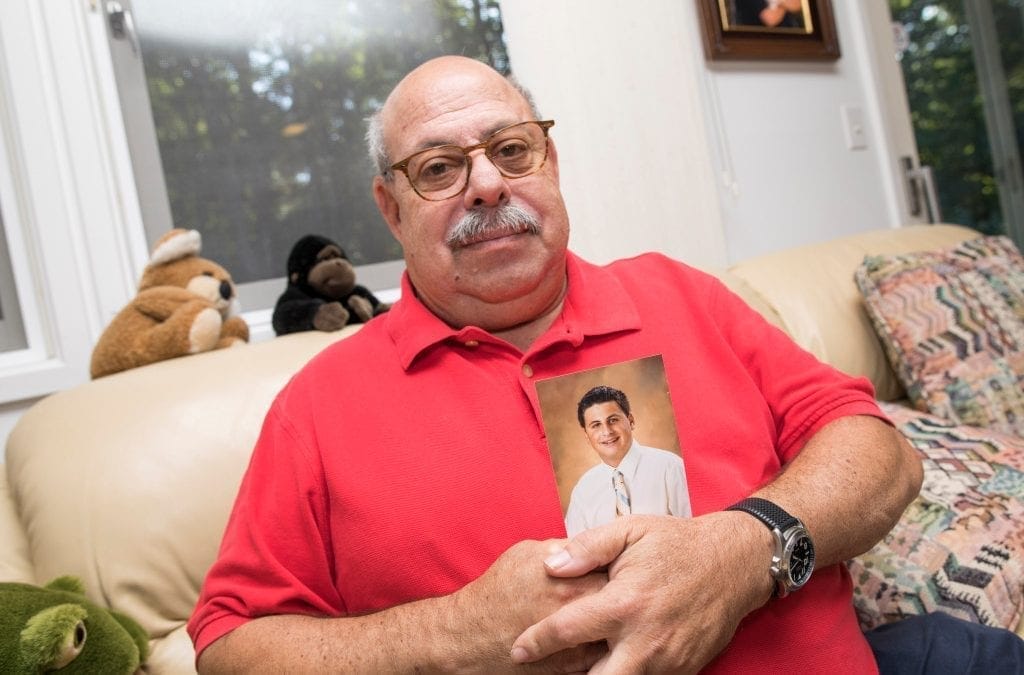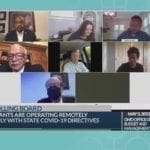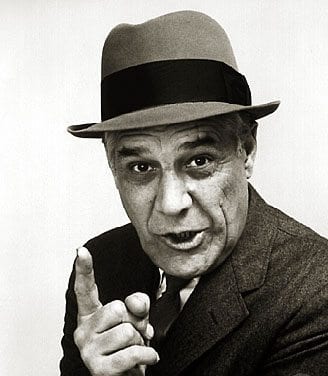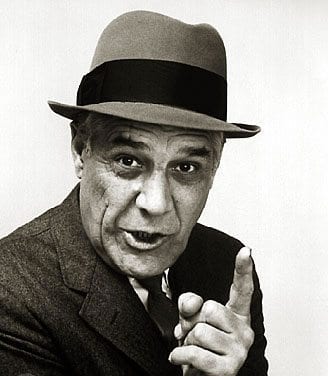Jerry Cibley holds a picture of his son Jordan, who was killed while driving distracted in 2007. Beacon Hill’s failure to pass a hands-free driving law is “absurd” and could be putting more innocent people at risk as reckless distracted drivers continue to wreak havoc on Massachusetts roads.
Racial data fight putting Massachusetts hands-free driving cellphone bill on hold.
Beacon Hill’s failure to pass a hands-free only cellphone use while driving legislation is “absurd” and could be putting more innocent people at risk as reckless distracted drivers continue to wreak havoc on the roads, loved ones of victims say.
“This is such a no-brainer. It’s been a no-brainer for the past 13 years,” said Foxboro businessman Jerry Cibley, who lost his teenage son in 2007 in a distracted-driving crash.
“It’s impossible to live with such a loss. You have to force yourself to get up every morning and walk,” Cibley said about losing his 18-year-old son, Jordan, who crashed into a tree while on the phone.
Donna Kelley, a professor at Babson College in Wellesley, lost her ex-husband in an alleged distracted-driving crash — a tragedy she worries will only occur more frequently as traffic grows worse and the Legislature fights with the ACLU over racial data.
“Nobody should have to go through this,” Kelley said. “But it’s hard to get anything done on Beacon Hill. There’s too many special interests.”
Despite nearly universal agreement that banning hand-held cellphone use while driving will save lives, the bill is hung up in a battle over how to collect race data and whether or not to share it with the public.
The presidents of the Massachusetts Chiefs of Police Association, Chief Russell Stevens of Hamilton, and the Massachusetts Major City Chiefs Association, Chief Brian Kyes of Chelsea, said what matters is adopting the law to help stop “putting lives at risk on the roadways across the entire state each and every day.”
Data from the National Highway Traffic Safety Administration shows that 3,450 people died across the country in 2016 in distraction-related crashes, 45 of whom were killed in Massachusetts, according to AAA Northeast.
“There absolutely is urgency around getting this passed,” AAA spokeswoman Mary Maguire said. “We stand alone in New England in terms of not having a hands-free bill on the books.”
Maine’s hands-free ban goes into effect Thursday and will so leave Massachusetts as the only New England state without such a law.
Requiring police to report race, rather than having drivers self-identify, is not only “inefficient and counter-intuitive,”and could have “dangerous” implications, police chiefs Kyes and Stevens wrote in a seven-page memo to state legislators, Governor Charlie Baker, Lieutenant Governor Karyn Polito and the secretaries of public safety and transportation last week. Kyes and Stevens suggested separating the issue into separate bills.
“As police officers, we can absolutely see where this could lead from an otherwise innocent conversation between two adults to an argumentative situation with a negative perception,” they wrote.
Alternatively, Quincy Quarry suggests just relying on whatever racial data might be noted per the driver’s driver license..
A conference committee report on the bill has been sitting on a counter in the House Clerk’s office since July 31.
The ACLU of Massachusetts raised concerns about language in the bill that would keep the race data hidden from the public, requiring anyone who receives it to sign a nondisclosure agreement. All data would be destroyed after six years as well.
“Personal privacy and government transparency are critical to our democracy. That is why the ACLU urged the Legislature to pass a version of the bill that requires data collection about race and traffic stops and makes that data available to the public — without identifying individual drivers,” ACLU Racial Justice Director Rahsaan Hall said. “Unfortunately, the version filed by the House Committee contains a perverse, anti-public records provision that runs counter to government transparency and disclosure.”
Joint Transportation Committee Co Chair State Representative William Straus (D, Mattapoisett) countered that the ACLU’s push for more data could backfire because sharing too much information “poses the very real risk of identifying the day, date and location travel information of the entire population interacting with the police, including minorities, given the ‘big data’ aggregation capabilities which exist today.”
With all due respect, given the ACLU’s long history of protecting personal freedoms, Quincy Quarry find Representative Straus’s position suspect absent the provision of realistic particulars underscoring his concerns.
Source: Racial data fight putting Massachusetts hands-free driving bill on hold

















QuincyQuarry.com
Quincy News, news about Quincy, MA - Breaking News - Opinion
No more posts